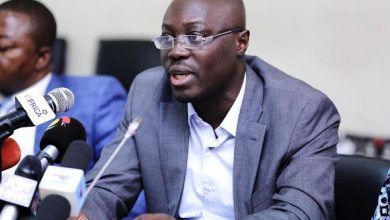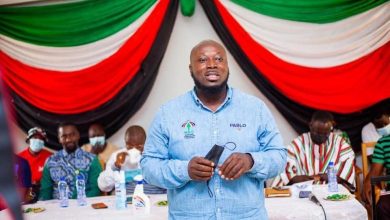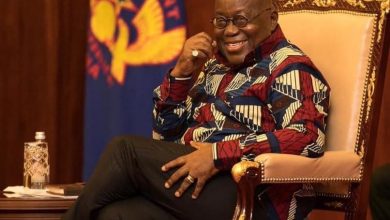Suspended South Korean President to receive pay rise amid political turmoil
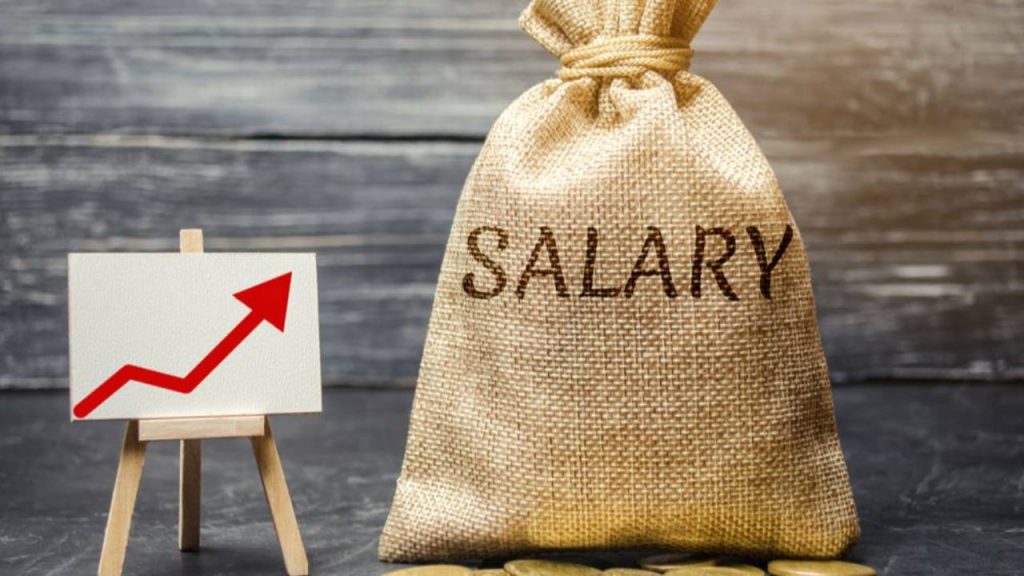
South Korea’s embattled President Yoon Suk Yeol, who was suspended after being impeached for briefly placing the nation under martial law, will still receive a 3% pay rise this year, the government has confirmed.
This increase brings his annual salary to 262.6 million won ($179,000; £147,000), in line with the standard raise for government officials.
Since his impeachment in December, Yoon has resisted efforts to investigate and arrest him over allegations of insurrection and abuse of power, plunging the country into deeper political unrest.
While suspended from performing presidential duties, Yoon remains in office until the constitutional court delivers a final ruling on his impeachment.
Yoon defended his decision to declare martial law by citing threats from “anti-state forces” and North Korea.
However, critics have pointed out that the declaration appeared to be motivated more by Yoon’s domestic political struggles than any external threat.
News of Yoon’s salary increase has sparked widespread backlash in South Korea, with many citizens questioning why a suspended president should not only continue receiving a salary but also benefit from a pay rise.
“Minimum wage increased by 1.7% while [Yoon gets] 3% for what?” one user wrote on X (formerly Twitter), a post that garnered thousands of likes.
The criticism has highlighted a growing divide in public opinion, as some support Yoon’s claims that the martial law move was a necessary step to safeguard democracy, while others view it as a gross abuse of power.
Earlier this month, tensions escalated when Yoon’s security detail blocked investigators from accessing the presidential residence to execute an arrest warrant.
The warrant expired on January 7 but was later extended by a local court, giving investigators more time to prepare another attempt.
Authorities have assured that any effort to arrest Yoon would prioritize avoiding “casualties or bloodshed.”
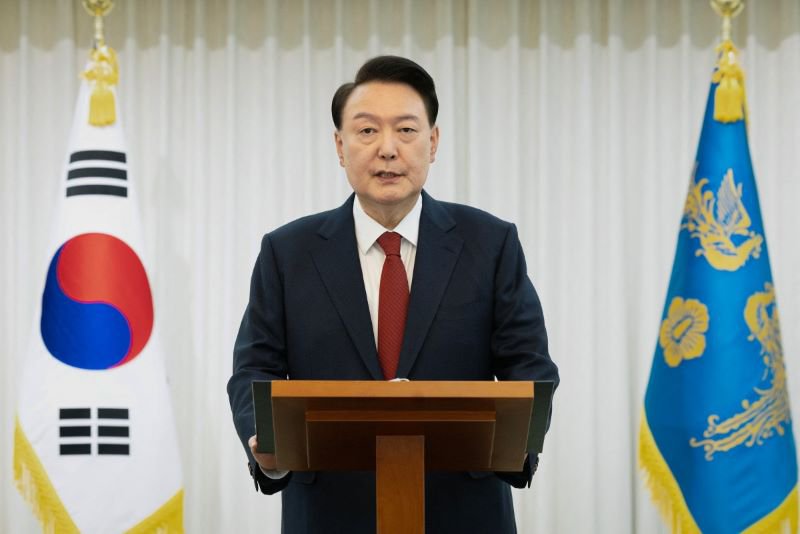
They also warned that security personnel or lawmakers obstructing the arrest could face charges.
Yoon’s legal team has condemned the arrest warrant as “illegal” and argued that deploying police officers and investigators to apprehend the president amounts to “a betrayal of the public.”
They have also demanded that officers involved in the operation avoid wearing masks to prevent “rioters from impersonating police and breaching a national secret site.”
Meanwhile, protests have intensified in Seoul, with thousands of demonstrators taking to the streets.
While some rally against Yoon, demanding his removal and arrest, others see him as a protector of South Korea’s democracy during turbulent times.
Adding to the political drama, Acting President Han Duck-soo—who stepped in after Yoon’s impeachment but has since been impeached by parliament himself—will also receive a 3% salary increase, bringing his pay to 204 million won ($138,000; £114,000).
For comparison, the US President earns $400,000 (£329,000) annually, while the UK Prime Minister’s salary is approximately £172,000 ($209,000).
Source-BBC


